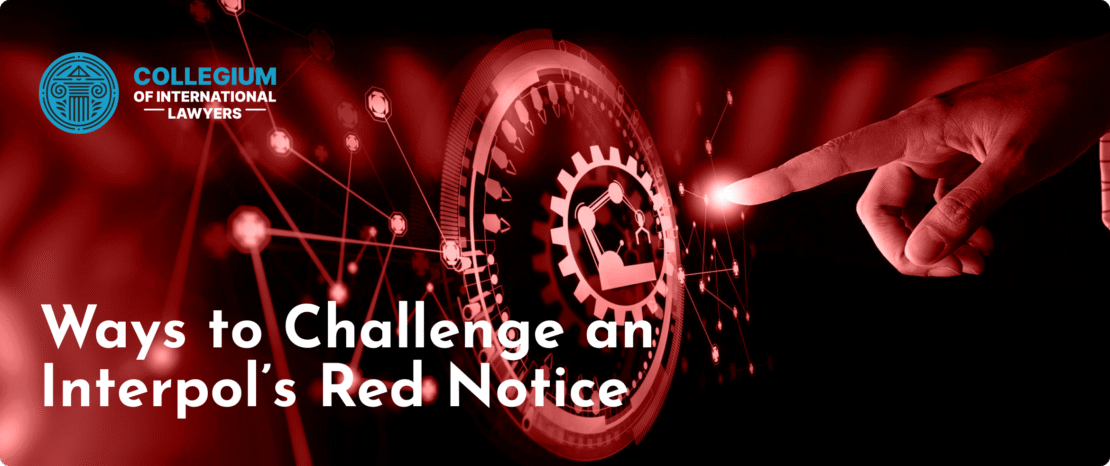
The Extradition Process in Spain: A Comprehensive Overview
The extradition process in Spain is a complex legal procedure that involves the transfer of individuals accused or convicted of crimes from one jurisdiction to another. It plays a crucial role in international criminal law and cooperation among nations. In recent years, Spain has modernized its extradition mechanisms, making them more efficient and transparent. For a deeper understanding of how this system operates, you can visit proceso de extradición en España elperiodicodeyecla.com/extradicion-desde-espana-como-funciona-el-mecanismo-de-entrega-en-2025/.
Legal Framework of Extradition in Spain
Spain’s extradition process is primarily governed by the Spanish Constitution, the Penal Code, and various international treaties. The legal basis for extradition can be found in:
- Article 13 of the Spanish Constitution, which establishes the principles for extradition.
- Article extradition and mutual legal assistance, reflecting Spain’s adherence to international human rights standards.
- European Union legislation, particularly the European Arrest Warrant (EAW) framework, which allows for faster extradition processes between member states.
Types of Extradition

Extradition can be classified into several types, depending on the nature of the request and the treating countries involved:
- Bilateral Extradition: This occurs when two countries have a specific treaty outlining the terms of extradition.
- Multilateral Extradition: In cases where multiple countries are involved, multilateral treaties or conventions come into play.
- European Arrest Warrant: This is a significant tool used within the EU to simplify and expedite extradition among member states.
Grounds for Extradition
The grounds for extradition in Spain are generally based on the principles of dual criminality and non-political nature of the crime. Key points include:
- Dual Criminality: The act for which extradition is requested must be a crime in both Spain and the requesting country.
- Non-Political Offences: Extradition requests for political crimes are generally denied under Spanish law.
- Human Rights Considerations: Spain has obligations under international law to refuse extradition if the individual could face inhumane treatment or torture.
Extradition Process in Spain
The extradition process in Spain consists of several stages:
- Request Submission: The requesting country submits an official extradition request to the Spanish Ministry of Justice.
- Initial Review: This request is reviewed for its legal and procedural validity. If valid, it moves to the next stage.
- Judicial Review: The case is referred to a Spanish court, which evaluates the legal merits of the extradition based on applicable laws and treaties.
- Government Decision: After the judicial review, the Spanish government makes the final determination on whether to grant the extradition.

Challenges in Extradition Cases
While the extradition process in Spain is designed to be efficient, challenges can arise:
- Legal Complications: Complex legal issues can delay proceedings, particularly in cases involving multiple jurisdictions.
- Public Opinion: High-profile cases may attract media attention and public scrutiny, influencing the proceedings.
- Diplomatic Relations: The nature of Spain’s relationship with the requesting country may impact the extradition outcome.
Recent Developments in Extradition
As of late 2023, significant developments have occurred in Spain’s extradition policies:
- The implementation of new regulations to streamline processes within the EU framework.
- Enhanced collaboration with international law enforcement agencies, focusing on combating transnational crime.
- Recent high-profile extradition cases have sparked discussions on the balance between justice and human rights.
Conclusion
The extradition process in Spain is a vital component of the international legal system, ensuring that individuals accused of crimes can face justice, irrespective of borders. Through legal frameworks, bilateral and multilateral treaties, and cooperation with international partners, Spain is actively engaged in upholding the rule of law. As such, understanding the intricacies of this process is essential for anyone interested in international law and human rights.